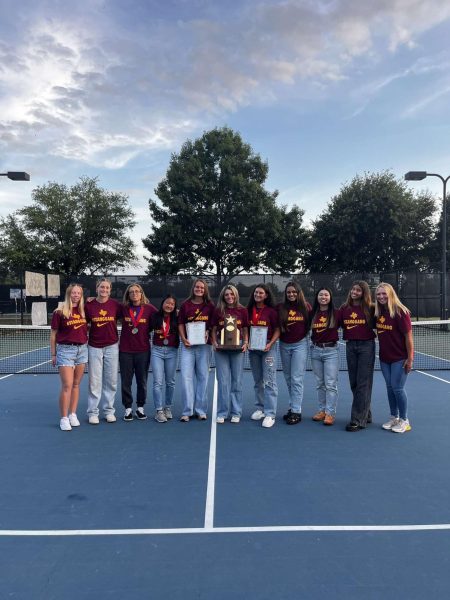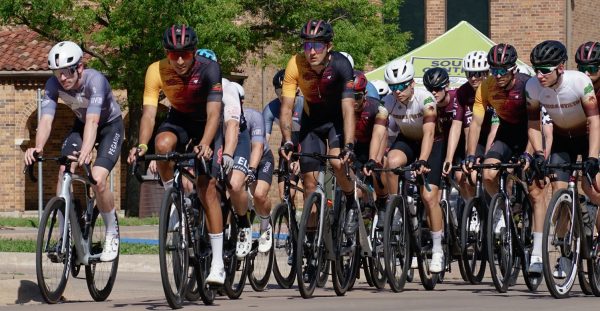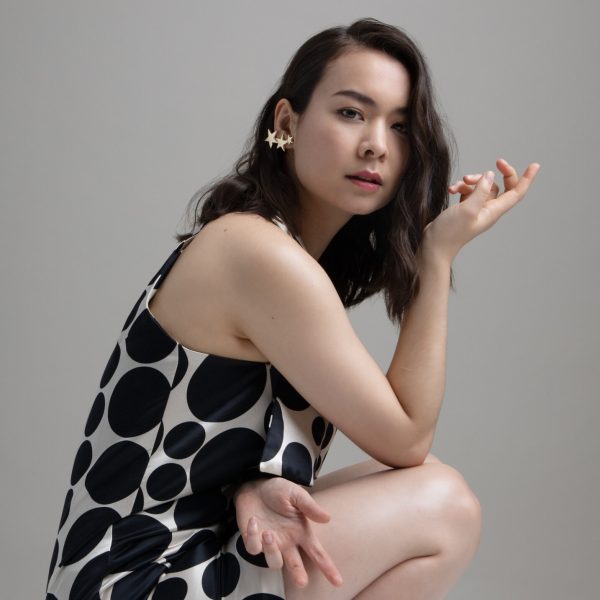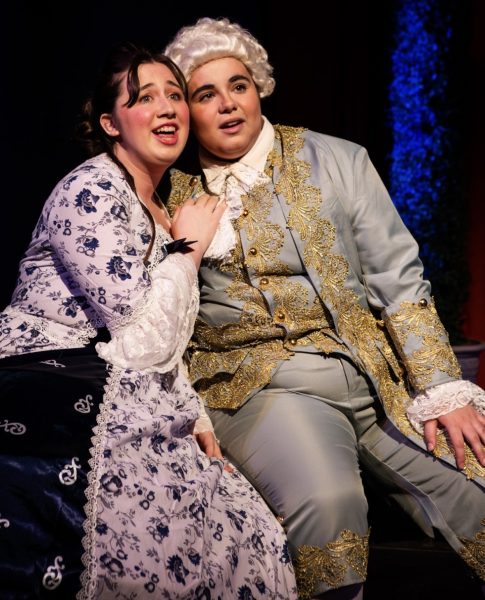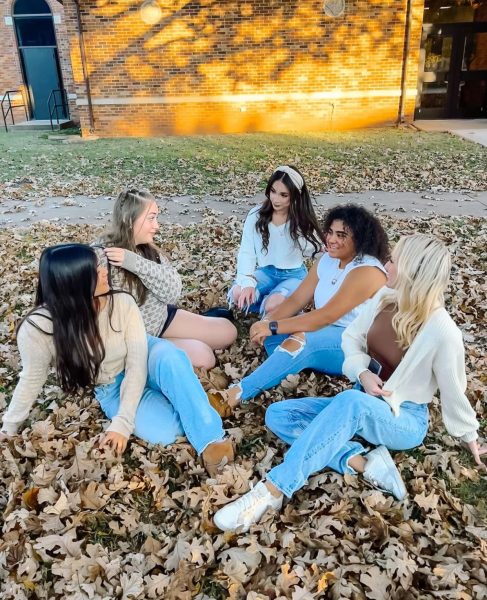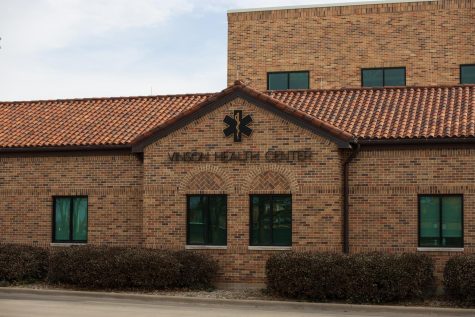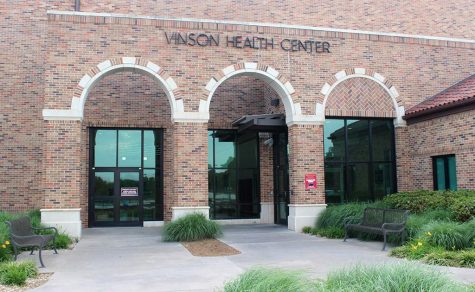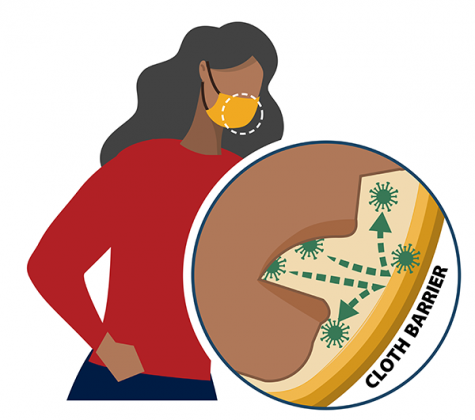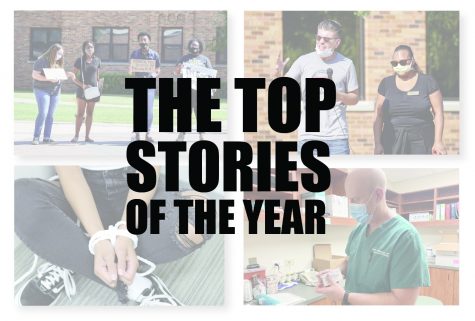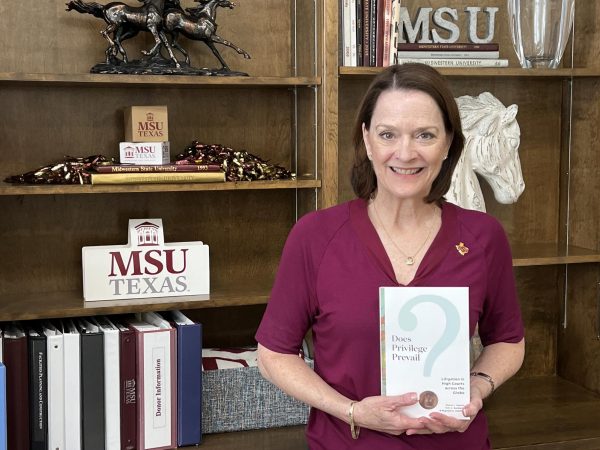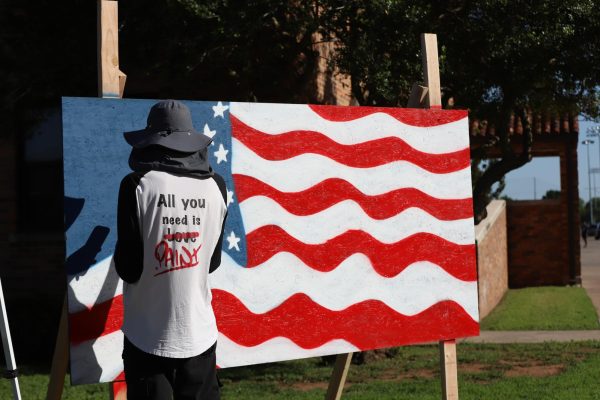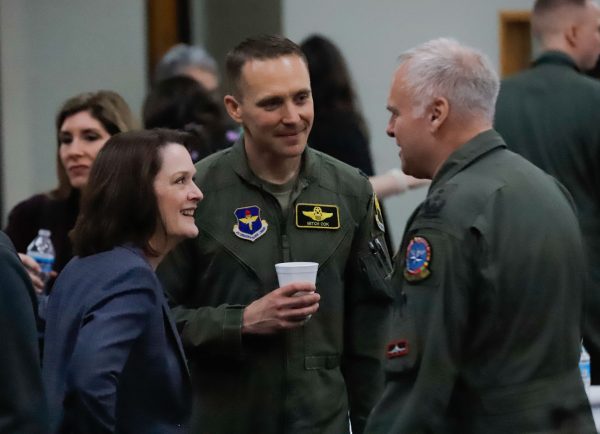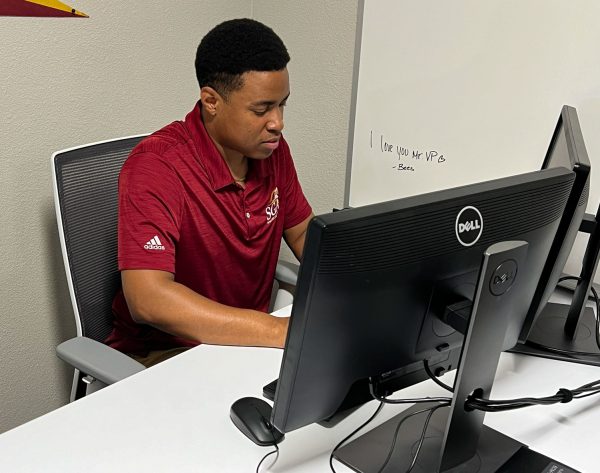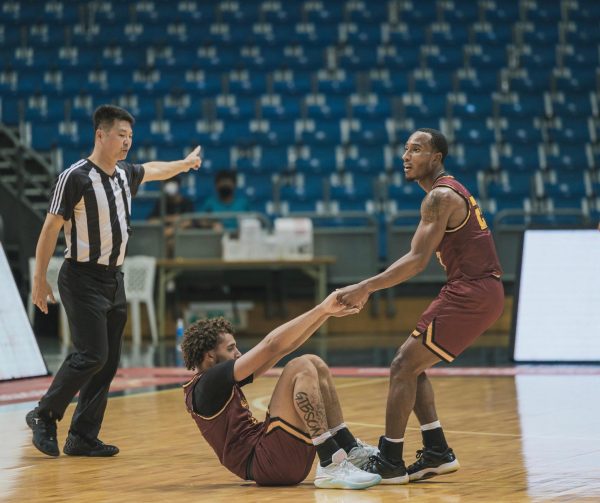MSU Texas in final steps of being approved for COVID vaccine
The MSU Texas Vinson Health center is in the final steps of being approved for distribution of COVID-19 vaccines. University President Suzanne Shipley said she attributes this to MSU’s safety.
“We felt for a while that we were the safest place in the area, and I think it’s just because people are adhering to the best guidelines possible,” Shipley said.
Vinson Health is working on meeting the Texas government’s guidelines for vaccine equipment so they can be prepared to store either the Pfizer or the Moderna vaccine.
“We are tentatively approved and waiting on equipment and upgrades as required. I’m relatively sure within the next week or two we’ll be approved fully. That doesn’t mean [that’s when] we’ll get the vaccine,” MSU Medical Director Keith Williamson said.
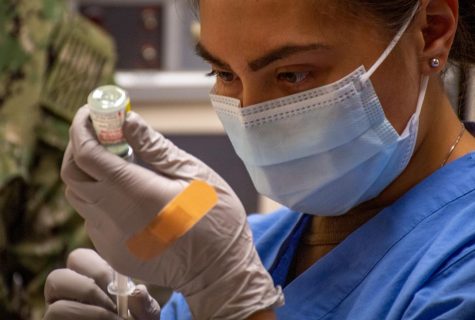
The state will decide when MSU can receive and distribute the vaccine.
“We work with the Texas department of emergency management so they’re coordinating all this,” Shipley said. They’ll decide when our order of vaccines come in and once that happens, they’ll be free for faculty, staff and students.”
Williamson said he is determined to take care of the campus community entirely.
“If you qualify, you’re getting a shot if I can get to you,” Williamson said.
Shipley addressed what getting a shot will look like for students.
“There will probably be something like a vaccine clinic where we will be in a space where people are encouraged to sign up for their place in line to get vaccinated,” Shipley said.
Being that there are lists for who gets priority at each COVID-19 vaccine clinic, MSU will not be prioritizing anyone who wants to get the vaccine through MSU.
“I don’t think that once that it hits campus there will be a further prioritization list because by us getting the vaccine, the higher priority has already been covered. It won’t be that you’re going to be behind people that are 50-65. Everybody on campus will have access to it and it will be free of charge,” Shipley said.
Even if the vaccine is free, Shipley heard from authorities out at Sheppherd Air Force Base that the younger people on base weren’t forthcoming in getting the vaccine.
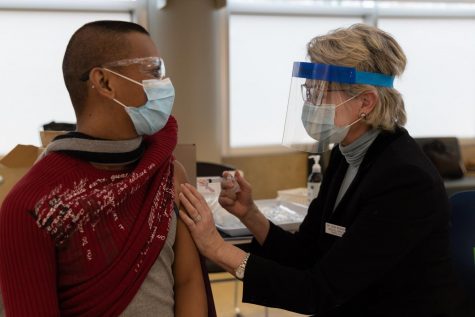
“Their general in charge said he’s having trouble having younger people being willing to take the vaccine because they don’t see any gain in it for them,” Shipley said. “He asked, ‘why won’t you take it?’ They said, ‘there’s nothing in it for me, if I get COVID, it’s not going to hurt me.’”
Williamson refuted this misconception.
“One of the things I’ve known since medical school that people don’t necessarily realize is that viral illnesses have variable expression,” Williamson said. “Some people get mild cases; some people get severe [ones] and you cannot count on having a mild case.”
Even outside of personal risk, students owe it to their community to become immunized according to Shipley.
“[The general on base] tried to help them understand that the more people take it, just like the more people who have had it and recovered, the less danger there is to everybody else. While you might be in much less danger than anyone else, you can endanger others,” Shipley said.
Williamson agrees with this sentiment.
“If you care about anybody in the world besides yourself, get immunized,” Williamson said. “While it seems like there’s no reduced personal risk for young people, and that’s true, we have no idea about the long-term risks of the infections. They are guaranteed to be worse than the vaccine.”
Williamson said getting the vaccine is better than counting on the immunity one might get from getting over the virus.
“Having a case and getting over it does not confer immunity. Immunity from the shot or the vaccine is better,” Williamson said.
Once this immunity is received, the community will be that much closer to living in a COVID-free world.
“This is a societal thing. This is a population thing,” Williamson said. “It’s like the Three Musketeers, right? All for one and one for all. A shot that goes in anybody protects everybody. And when everybody’s protected the individual can count on good health and return to normal activity.”
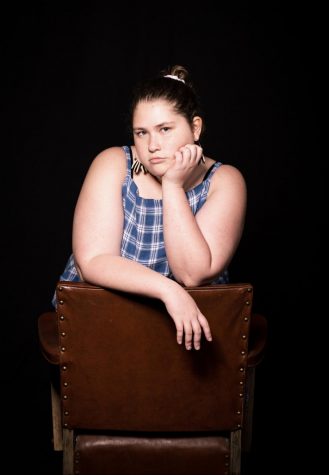
Hello there! I’m Abigail Jones, your business manager. I’m a mass communication junior with a focus in public relations and advertising. I have a french...



